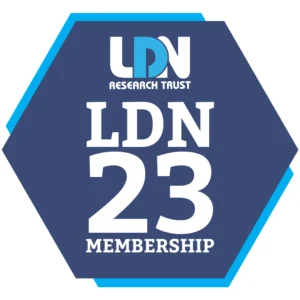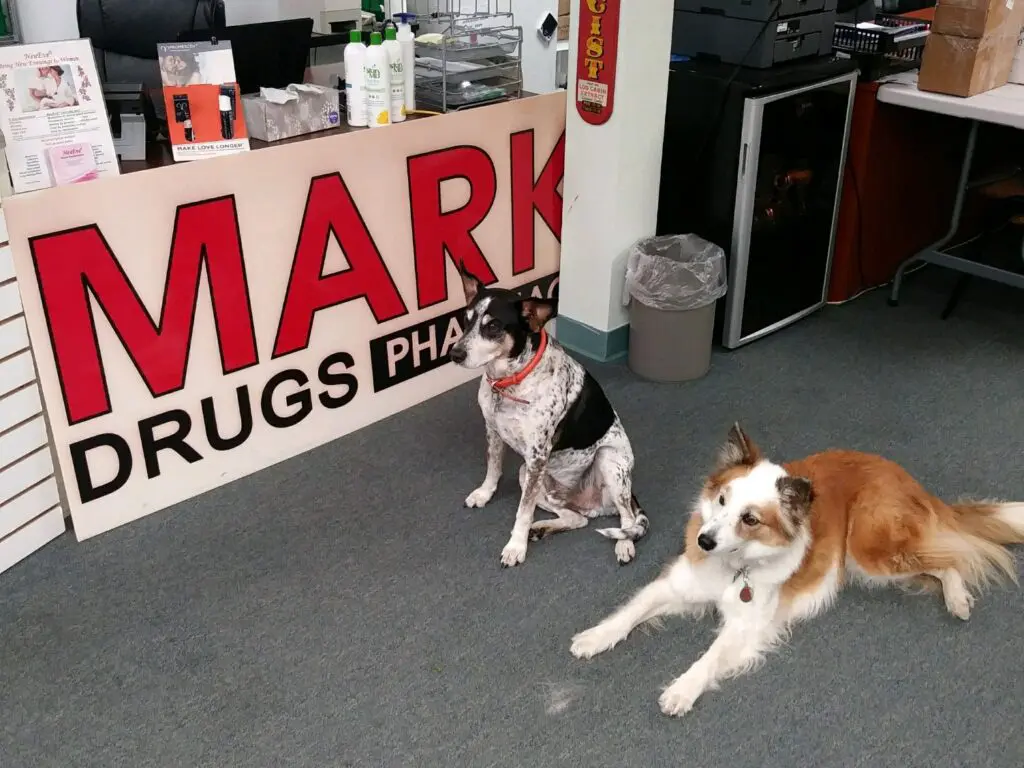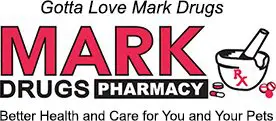Hormones:
Bio-identical Hormones:
Bio-identical Hormone Therapy (BHRT) is the process of restoring and maintaining hormone balance with hormones that are biologically identical to hormones produced by the human body. These may include estradiol (E2), estriol (E3), progesterone, testosterone, DHEA, hydrocortisone, and possibly the thyroid hormones T3 and T4.
Bio-identical hormones have been available and used in hormone treatments for decades. In fact, several of these have been used as parts of conventional prescription medications. Compounding these products to match each person's unique needs and body chemistry, instead of the "one size fits all" approach used with off-the-shelf hormones, can enhance the quality of life of a person by allowing them to feel truly balanced.
Bio-identical Hormone therapy requires appropriate testing, examination, and discussion of symptoms with a healthcare practitioner. We can help you locate a practitioner who has experience with Bio-identical Hormone Therapies that is right for you.
Conditions that may be influenced, at least in part, by hormone imbalance:
Menopause/Peri-Menopause
Pre-Menstral Syndrome (PMS)
Post-Partum Depression (PPD)
Endometriosis
Sexual Dysfunction
Infertility
Osteroporosis
Chronic Fatigue Syndrome (CFS)
Fibromyalgia (FMS)
Tri-Mix:
Tri-Mix the Intracavernosal Injection:
According to the American Urologic Association, Intracavernous injections are the most effective non-surgical treatment for erectile dysfunction. Unlike oral medication, injection to the penis triggers an automatic and almost immediate erection. The individual can inject himself as little as five minutes prior to sexual activity and the effect should last for not more than an hour. Injections are used as a second line agent if oral therapy fails.
Compounds that are injected include phentolamine, papaverine, alprostadil and possibly atropine. Increased efficacy and decreased side effects for some men may be seen with only alprostadil and phentolamine. These are combination therapies include Bi-Mix, Tri-Mix and Quad-Mix. These products must be compounded by specialty pharmacies because they are not commercially available in combinations.
Below is a general description of medications contained:
Alprostodil: Stimulates relaxation of smooth muscle and dilates the arteries in the penis to increase blood flow by increasing Prostaglandin E.
Phentolamine: Increases the blood flow to the penis by producing direct vasodilatation as it is an alpha-adrenergic antagonist.
Papaverine: Phosphodiesterase inhibitor resulting in smooth muscle relaxation which allows increased blood flow to the penis.
Atropine: Anticholenergic drug which causes smooth muscle relaxation in the penis and works synergistically with the other components.
Potential Side Effects:
- Priapism: If patient experiences prolonged erection lasting more than 4 hours, they should seek medical attention.
- Fibrosis: Long term use of injection therapy can cause scarring of penile tissue.
- Systemic hypotension (low blood pressure): Hypotension, can occur when drug has leaked out into the general circulation from the injected area

Low Dose Naltrexone:
Naltrexone 50 mg is a medication approved in the 1980s for the treatment of opium and heroin addiction. Today, Naltrexone is also indicated for alcohol dependence.
Drugs such as heroin bind to opioid receptors. Naltrexone takes the place of heroin on the opioid receptor, inhibiting the effect of heroin on the body (e., naltrexone is an opioid antagonist). Learn more about low-dose naltrexone and autoimmune disease.
Opioid receptors are present in every body tissue and every cell in the body's immune system.
Drugs are not the only ones that can bind to these opioid receptors. The brain and adrenal glands produce opioid hormones called beta-endorphins and enkephalins. These opioid hormones can bind to opioid receptors as well.
A deficiency in opioid hormones (e., endorphins) can trigger cancers and autoimmune disorders, as these hormones serve as immunomodulators.
Naltrexone, when taken in a low dose every night at bedtime, provides a brief blockade of opioid receptors between 2 am and 4 am. This blockade leads to an increase in the secretion of endogenous endorphins, an increase in the number of receptors, and an increase in the sensitivity of receptors, which potentially halts disease progression, as it enhances the immune system, initiating a stronger natural body response.
Clinical practice has proven the efficacy of LDN. Dr. Bernard Bihari, a New York City physician, had seen the effects of low-dose naltrexone in his clinical practice. In 1985, he determined that low-dose naltrexone every night at bedtime improved a patient's physiological response to HIV. In the mid-1990s, he found that patients with cancer could also benefit drastically from this treatment, along with patients who have autoimmune diseases such as lupus.
Research has also proven the efficacy of LDN. Dr. Jill Smith, professor of gastroenterology at Pennsylvania State University College of Medicine, published an article in January 2007 in the American Journal of Gastroenterology, concluding that "LDN therapy appears effective and safe in subjects with active Crohn's disease."

Veterinary:
Mark Drugs can customize medications for each pet's unique needs. These include transdermal gels that can be applied to the non-furry, thin-skinned part of the animal to pass through the skin and enter the bloodstream. This route is excellent for many medications when oral administration is difficult or impossible.
Flavored, medicated chew treats or liquids help the oral administration of drugs. Cats may prefer fish, chicken or surprisingly marshmallow. Dogs like beef, chicken, or marshmllow.something sweet. Ferrets tend to prefer their medicines contained in a special Ferretone suspension. Exotic animals such as bunnies, birds, sugar gliders, and others will typically prefer sweet flavors such as strawberry, banana, or tutti frutty.
Other medication problems we can solve are specific strengths tailored for any size pet, commercially unavailable drugs.
Commonly prescribed products include:
- Amitriptyline-oral flavored liquids or transdermal for behavioral issues
- Chlorpheniramine-oral flavored liquids or transdermal for allergies
- Gabapentin-oral flavored liquid WITHOUT XYLITOL for pain
- Methimazole-oral flavored liquids or transdermal for hyperthyroid
- Prednisolone-oral flavored liquids or transdermal for inflammation
- Ursodiol-oral flavored liquids and low dose capsules for gall bladder disease
See how CHEW TREATS are made here: https://vimeo.com/771219994
The information on this website should not be used to diagnose or treat patients without the specific direction and supervision of a physician. You should consult with a physician who knows your medical history and current medical conditions before using any compounded medication. Your treatment should be individualized for you by a prescribing physician.
